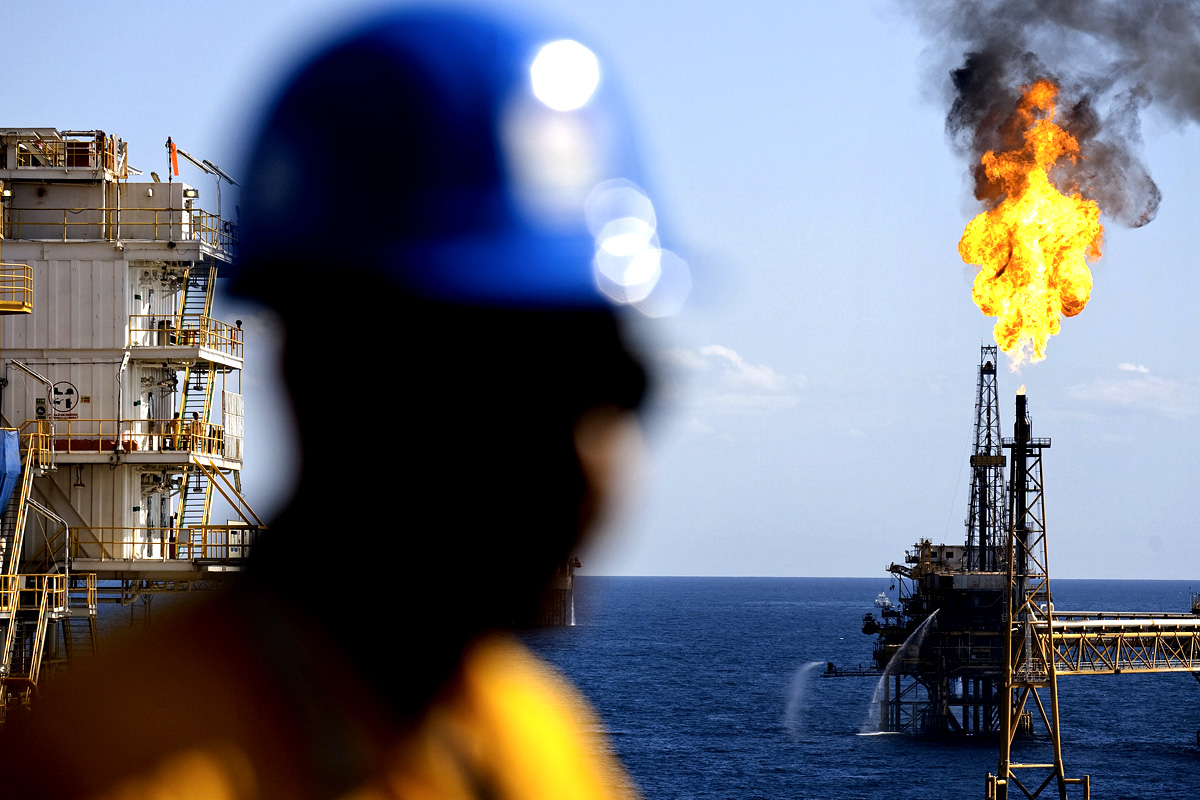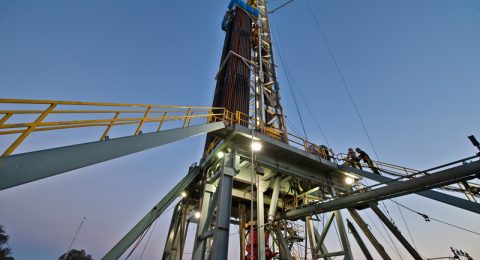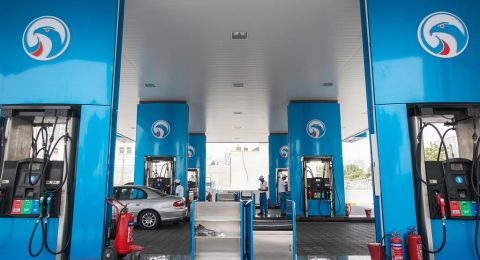Recent incidents in the Arabian Gulf led to global oil prices rising to their highest level in two weeks.
On Tuesday, May 14, two pump stations on the Saudi East-West pipeline, which transports oil from the Eastern Province to Yanbu port, were attacked by armed drones. The fire has since been contained, and Saudi Aramco temporarily shut down the pipeline. The company reportedly took all the necessary measures to evaluate the pipeline condition, according to the Saudi Press Agency (SPA).
On Sunday, May 12, four commercial ships near Emirati territorial waters in the Gulf of Oman were subject to sabotage operations, with no fatalities or injuries. The ships included two Saudi oil vessels that saw significant damage, one of which was for delivery to Aramco’s US customers, as confirmed by Saudi Energy Minister Khalid Al-Falih.
Saudi Arabia condemned the attacks in the Arabian Gulf and labeled them as acts of terrorism. “They targeted not only the Kingdom but also the security of world oil supplies and the global economy,” according to the Saudi minister.
Meanwhile, the UAE asked the international community to stop any parties “attempting to undermine maritime traffic safety and security,” as per a statement by the UAE Ministry of Foreign Affairs and International Cooperation.
Gulf Cooperation Council (GCC) Secretary General, Abdullatif Al Zayani denounced the attack, describing it as a serious escalation that is undermining the safety of maritime traffic in the region, Pipeline Oil and Gas Magazine reported. “Such irresponsible acts will increase tension and conflicts in the region and expose its peoples to great danger,” Al Zayani warned.
Supply disruptions in the Middle East, as well as tight market conditions, could send oil prices violently upward, according to Rystad Energy.
On May 14, Brent crude futures rose by $1.01, or 1.4%, and closed at $71.24 a barrel, its highest level since May 6.












